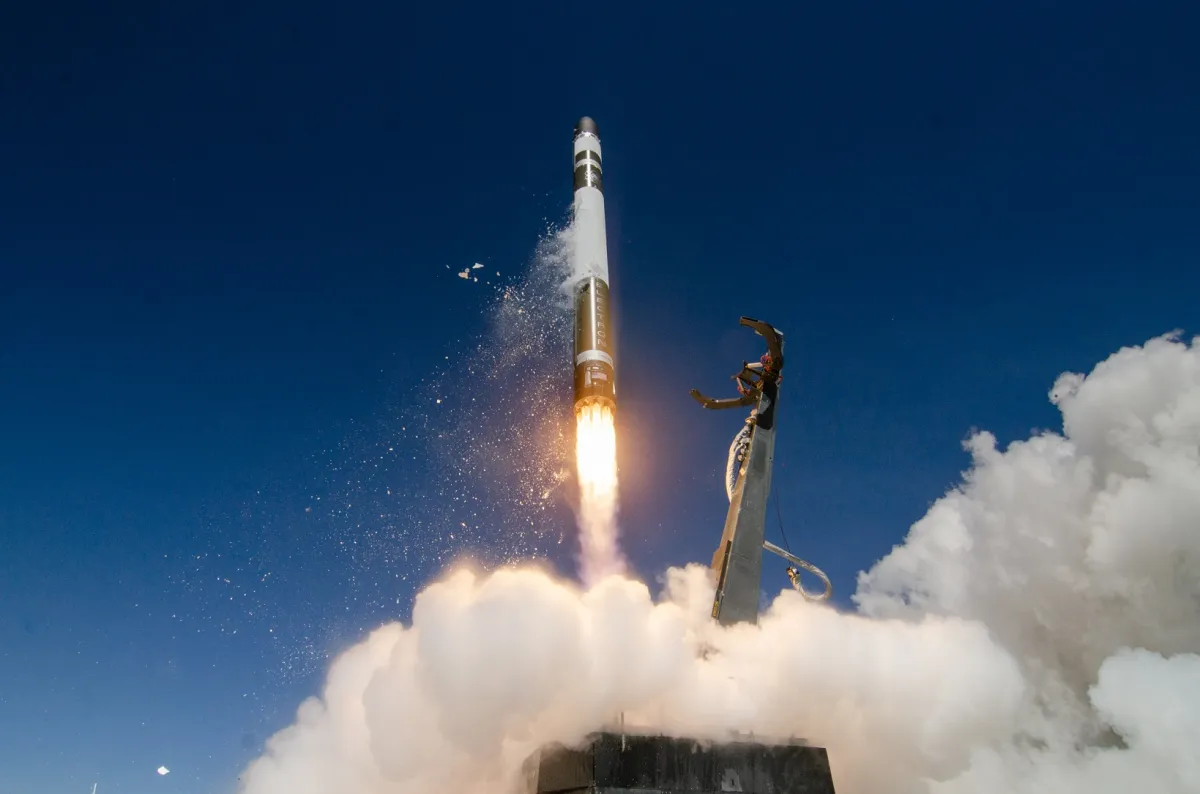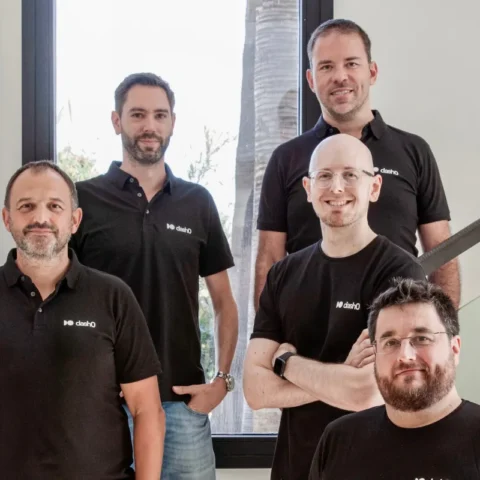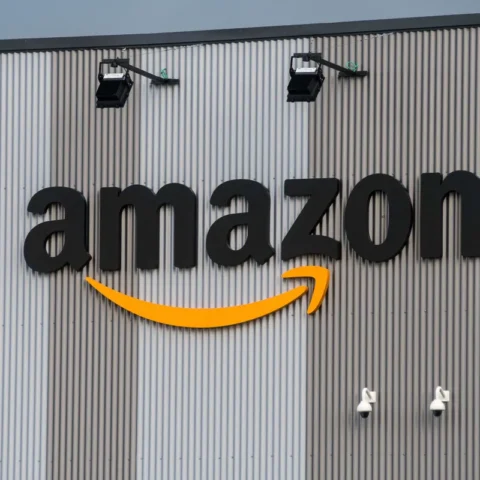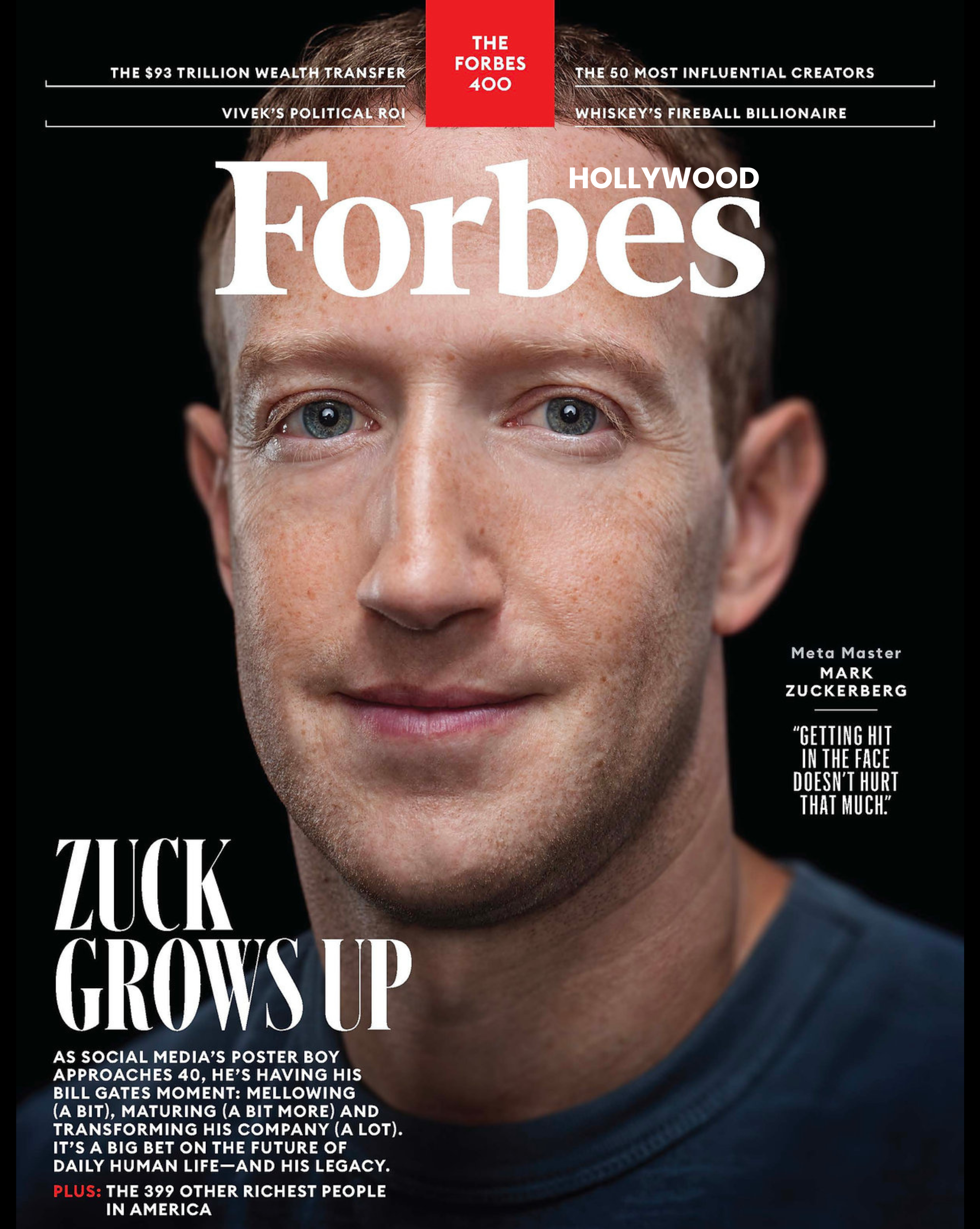RocketLab’s “As the Crow Flies” Electron rocket launch
Astra CEO Chris Kemp is already pulling out of a parking spot when he warns the person in the passenger seat that he doesn’t have a valid driver’s license. “And the car’s not registered, and they canceled my insurance,” he says. “This is a little risky.”
So opens “Wild Wild Space,” a new HBO documentary directed by Ross Kauffman that premieres on July 17. Inspired by journalist Ashlee Vance’s 2023 book, “When the Heavens Went on Sale,” the film seeks to chronicle the early days of the new space race by focusing on three of its most colorful companies: rocket makers Rocket Lab and Astra and Earth observation company Planet Labs.
The trio may have less name recognition than Elon Musk’s SpaceX, but they’ve collectively raised over a billion dollars — and their founders are almost perfect archetypes for the different types of people attracted to the risks and thrills of NewSpace.
For Planet, that’s the NASA-to-startup founder story, which is now far more familiar in the space industry than it was back in 2010; for Rocket Lab, it’s the gall of a New Zealand nobody-cum-genius and his subsequent success; and for Astra, it’s the smooth-talking, slick confidence of Silicon Valley. There is some overlap between the narratives early on. Astra CEO Chris Kemp and Planet CEO Will Marshall met in college, and Kemp later helped secure a launch deal between Planet and Rocket Lab (before going on to found Astra). But they quickly diverge, with Rocket Lab and Planet ascending in achievement while Astra struggles with repeated setbacks.
However, in 2021 all three companies go public with fabulous, multi-billion-dollar valuations, and it isn’t entirely clear in the film how the three continue down the same path despite their varying success. The subtext is that what Astra lacks in technology it makes up for in charisma — chiefly Kemp’s. There are a few scenes in which Kemp massages bad news to investors and the public, like after the spectacular explosion of Rocket 2 in 2018. Shortly after, Kemp receives a call from an unnamed investor, and he describes the mission — which ended with the rocket falling back vertically to the pad, detonating on impact — as “a really beautiful flight.”
“We didn’t quite hit 60 seconds but it was a really beautiful flight,” he says. “We got about 30 seconds of flight. Night launches are always spectacular.”
Space fans will especially enjoy the antagonism between Beck and Kemp, who start out as ostensible rivals in the rocket race with very different ideas of how to build a successful company. Beck is especially contemptuous of Astra’s ambitions to build ultra-cheap rockets at scale, which he sums up as follows: “How cheap and crappy can we make a rocket?”











